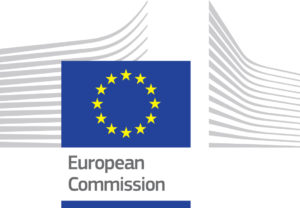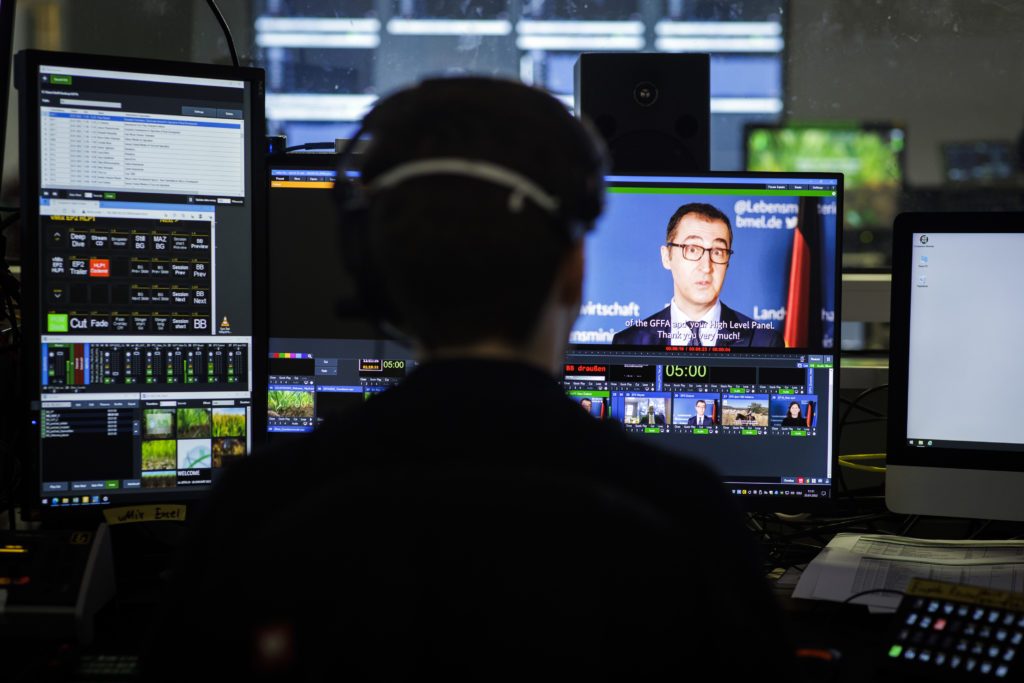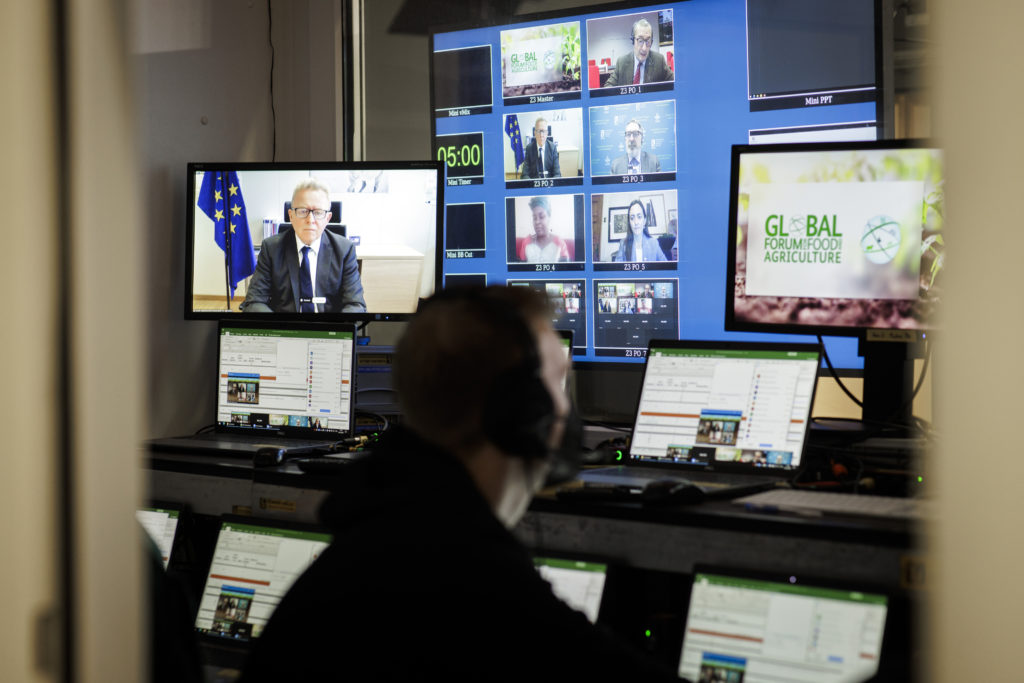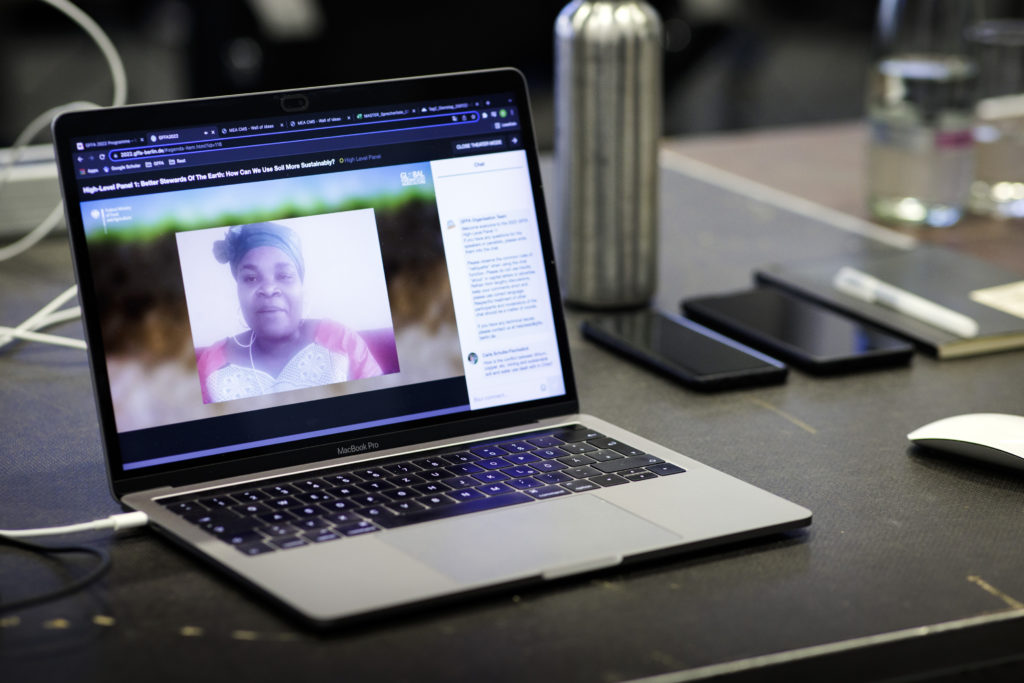Better Stewards Of The Earth:
How Can We Use Soil More Sustainably?
European Commissioner for Agriculture
Time: Tuesday, 25. January 2022, 11:00 a.m. – 12:30 p.m. (CET)
Summary:
The High Level Panel chaired by the European Commission brought
together panellists representing government, international organisations and
the farming sector, from across four continents, to discuss policy paths
towards better land use and soil management.
Soils are essential for achieving a range of the 2030 Agenda’s SDGs, as aside from feeding society, they provide numerous ecological services, from water retention to carbon capture. It is therefore particularly alarming that the quality of the world’s soils have seen extensive degradation over the past century. While systemic challenges like climate change affect the whole global food system, they manifest differently in each region. Therefore, there are few ‘one-size-fits-all’ solutions. Harmonising international standards for soil-protective and deforestation-free practices across the supply chain can go a long way towards improving land use across the world. However, this has to be complemented by specific solutions best suited for local conditions.
Panellists explored a number of regional initiatives to improve soil health, such as the EU’s Soil Strategy which provides funding for living labs and the EU Soil Observatory to map and tackle land degradation in all its forms. They stressed that innovation is key, but technologies may be around for decades before they make the “last mile” and trickle down to farmers. Governments can help by creating incentives that reward sustainable farming choices over short-sighted gains. Without the buy-in of food producers, it is not possible to protect soils and prevent further loss of fertile land. Ultimately, it is the shared mission of policy-makers and the private sector, incl. farmers themselves, to strike a balance between optimising yields from agricultural land and carefully managing it to ensure the long-term sustainability and health of the soil upon which the world’s food production depends – for today, and future generations.












